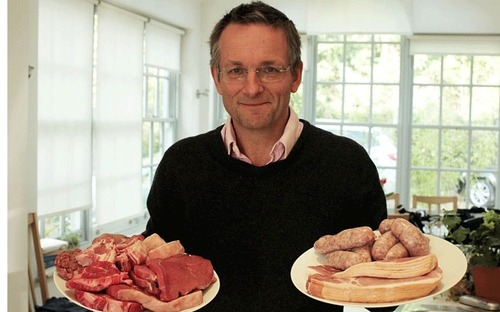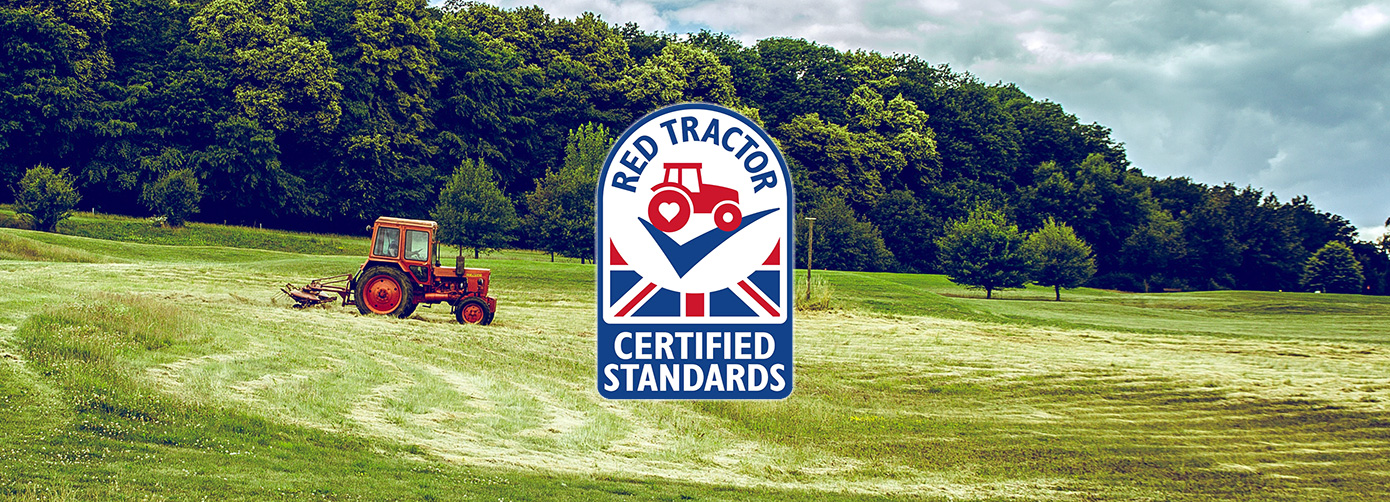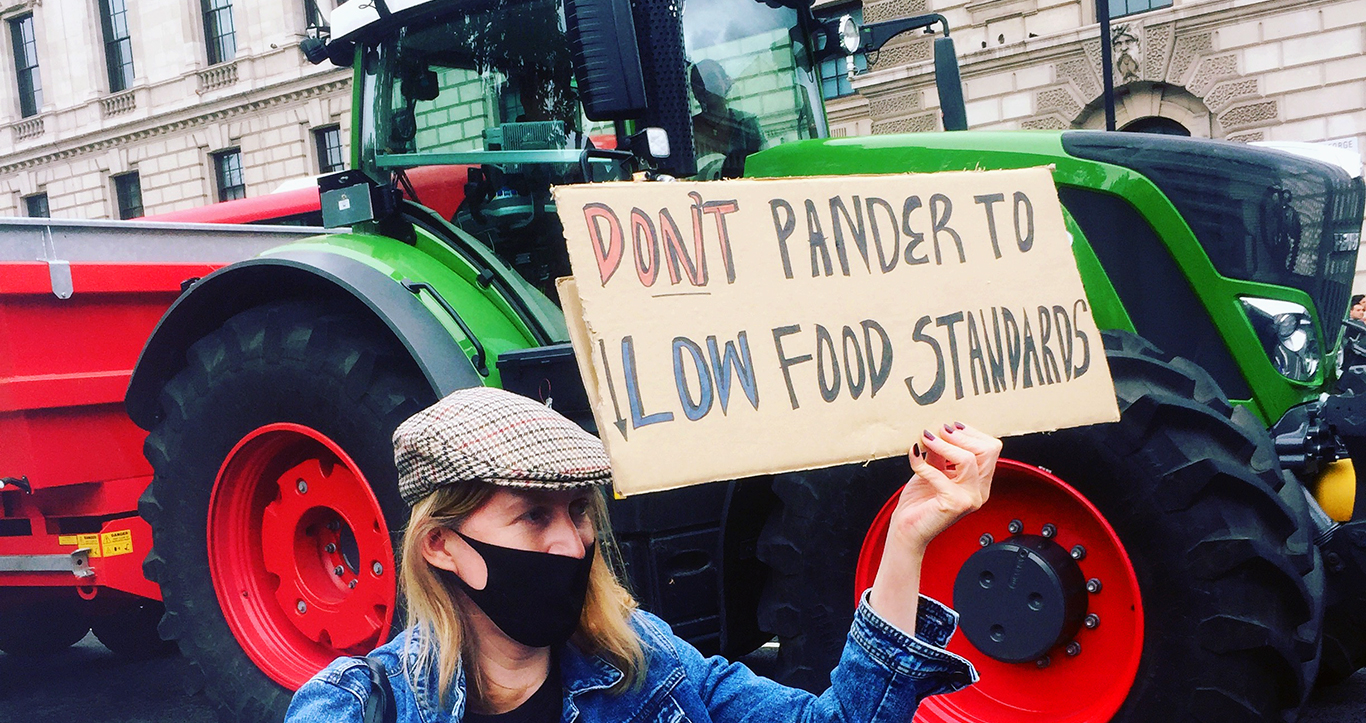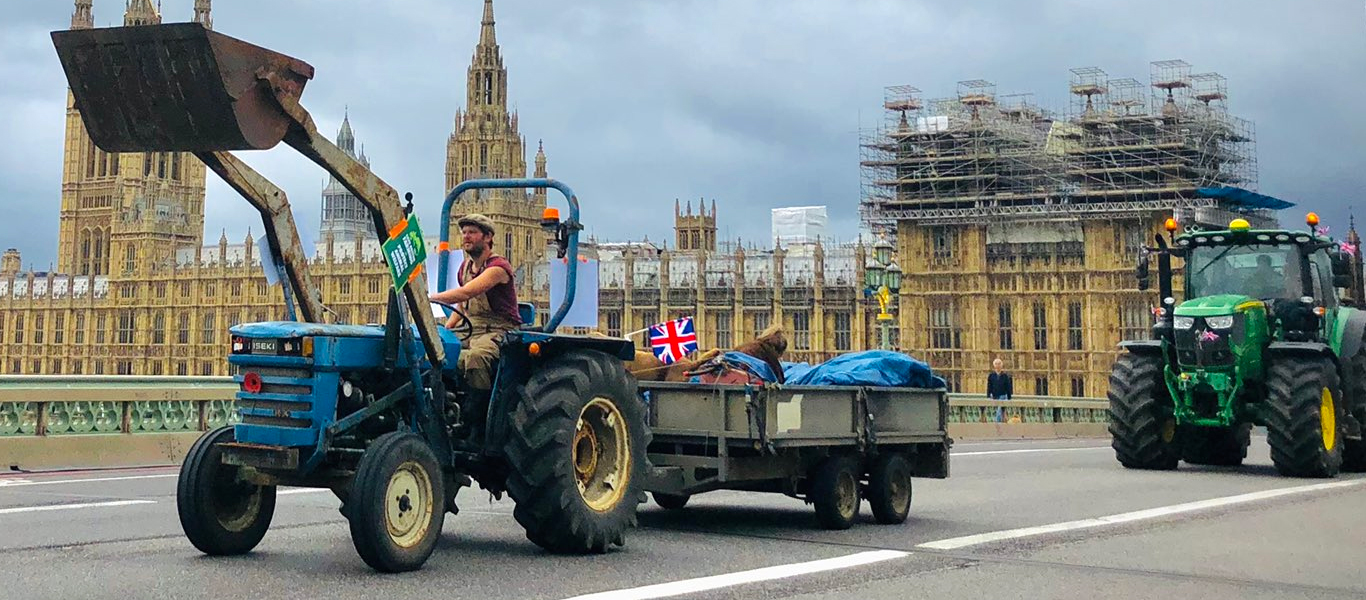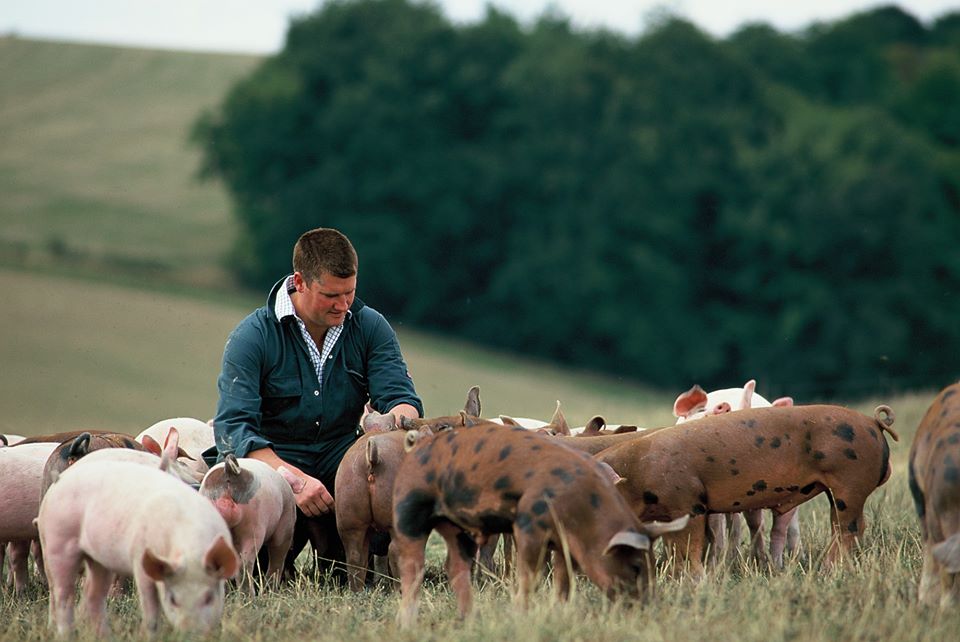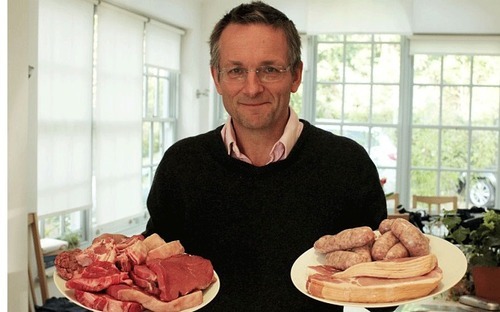
BBC photo
We all know our consumption of meat in the West is unsustainable, yet we rarely question why. Conflicting information and often bitter truths have created a culture of denial. The horsemeat scandal forced us to perk up and pay more attention to labelling, yet, most of us don’t know what the labels really mean. Dr Michael Mosley’s two-part Horizon program on the meat industry http://bbc.in/1qsChTj (BBC, 9pm, 21st August 2014) marked the beginnings of important discussions that need to be had in the UK with regards to meat production and consumption. However, this is only the tip of a rapidly melting ice burg and most of the issues discussed glossed over the far more serious issues that require urgent action.
Firstly, although Dr Mosely makes a compelling argument for intensive animal farming due to its “environmental efficiency” he fails to discuss this as an externality of market economics and economies of scales. All manufacturers want to keep energy inputs down, and intensive farming does exactly that. In the case of the Concentrated Animal Feeding Operation (CAFO) Mosley visits in Texas, cattle are fed a special concoction, which reduces the CO2 emission of the cattle by nearly half. This is partly because the cattle are fattened in half the time compared to non-CAFO cattle and are ready to be slaughtered a lot sooner. “Less days of their existence”, as the CAFO’s CEO described it, means fewer resources are needed. Antibiotics are also added to the feed, which kills any diseases that may spread from the cattle living in such close conditions. By focusing on these more economical elements of efficiency, Mosely fails to mention the true environmental effects or local socio-environmental factors. Not only does such a large centralised production of intensively reared meat cause desertification by depleting natural resources, it also puts smaller farmers out of business as they can’t compete on scale. These are deeper issues that are not measurable in CO2 emissions but have long-term impacts on local sustainability.
Through Mosely’s scientifically unbiased approach to the issue, he allowed consumers to make up their own mind on what methods of farming they would prefer. He used numbers and hard facts to present the case for factory farms, but the images spoke for themselves. His visit to a chicken factory in the UK showed us what “environmental efficiency” looked like, and it looked cold and sad. The owner of the chicken factory claimed, “If you’re looking at saving the planet and you want to eat meat protein, this is the only way to do it.” This sweeping statement proves how desperate farmers in the UK have to be to compete with the emergence of global competition.
Although briefly mentioned by Mosely, a great deal of soy meal for animal feed comes from Latin America and is used mainly in poultry and pork feed. The EU imports 30million tonnes of soy meal a year, and this is largely due to agricultural policies and trade agreements made with the United States in the 1960s, which state that animal feed would not be subject to import tariffs. This has meant that land that was once used to produce animal feed has instead been used to produce human food that, at the time, was more profitable. The EU is now dependant on imported animal feed and this dependency is growing yearly, as are the prices. Most of the imported soy meal ends up in 20% of the largest farms in the UK that are subsidised for the import (http://bit.ly/YD18gI). This system is clearly inefficient and highly unsustainable. This is a far more complex system of politics and trade that has shaped our physical landscape and for which numbers do little justice.
Towards the end Mosley does discuss some important issues regarding the amount of meat we eat and the pastoral land it should be reared on. He does acknowledge that sustainable practices do require a combination of high animal welfare, responsible resource management and understanding when meat production reaches its environmental limits. He does concluded positively by stating that this can all be viably achieved by halving our intake of meat to 100g a day. Although this is a step in the right direction, he missed a vital chance to discuss the possibility of improving our relationship with the food we eat, not only to help us cut down our meat consumption, but also in decreasing our waste and maintaining nutrient metabolism for soil fertility. Mosley’s approach to discussing an issue about environmental impact is fundamentally void of nature’s complexity, which is so important in any environmental discourse, no mater what the audience. It also skims over important factors that are having a global environmental impact, which are set to get worse, as new economies emerge.
Despite his reductionist approach to discussing meat consumption and the environment, Dr Mosley has started the ball rolling on a very important topic which needs to be discussed further. The UK is coming to a cross roads where we will have to chose between reviving traditional farming whilst having less meat in our diet, or embracing American style factory farms where we will be further removed from our food but will be able to continue increasing our insatiable appetite for meat.
Share This Article
Related ArticlesView All
Good Food, Good Farming March 2022
The Landworkers’ Alliance ‘Good Food Good Farming‘ London march was one of a growing number of worldwide farmer protests against… Read More
Ching He Huang says #TurnYourNoseUp at Factory Farming
TV chef and food writer Ching He Huang MBE, says #TurnYourNoseUp at factory farming. Her food ethos is to use… Read More
Is Red Tractor High Welfare?
When it comes to buying pork, the Red Tractor label does not offer any assurance that the pigs were raised… Read More
New Trade and Agriculture Commission is ‘a Trojan Horse’ That Will Not Protect UK Farmers
International Trade Secretary Liz Truss, has promised that the Trade and Agriculture Commission will protect UK farmers from imports of… Read More
#SaveBritishFarming London March
Yesterday, farmers and activists gathered in London to protest the real prospect of sub-standard imports from the US that would… Read More
Farm Case Study 13: Farmer’s Choice, Hampshire
Jason from Farmer’s Choice Free Range in the South Downs says COVID-19 caused an increased demand that was driven both… Read More
